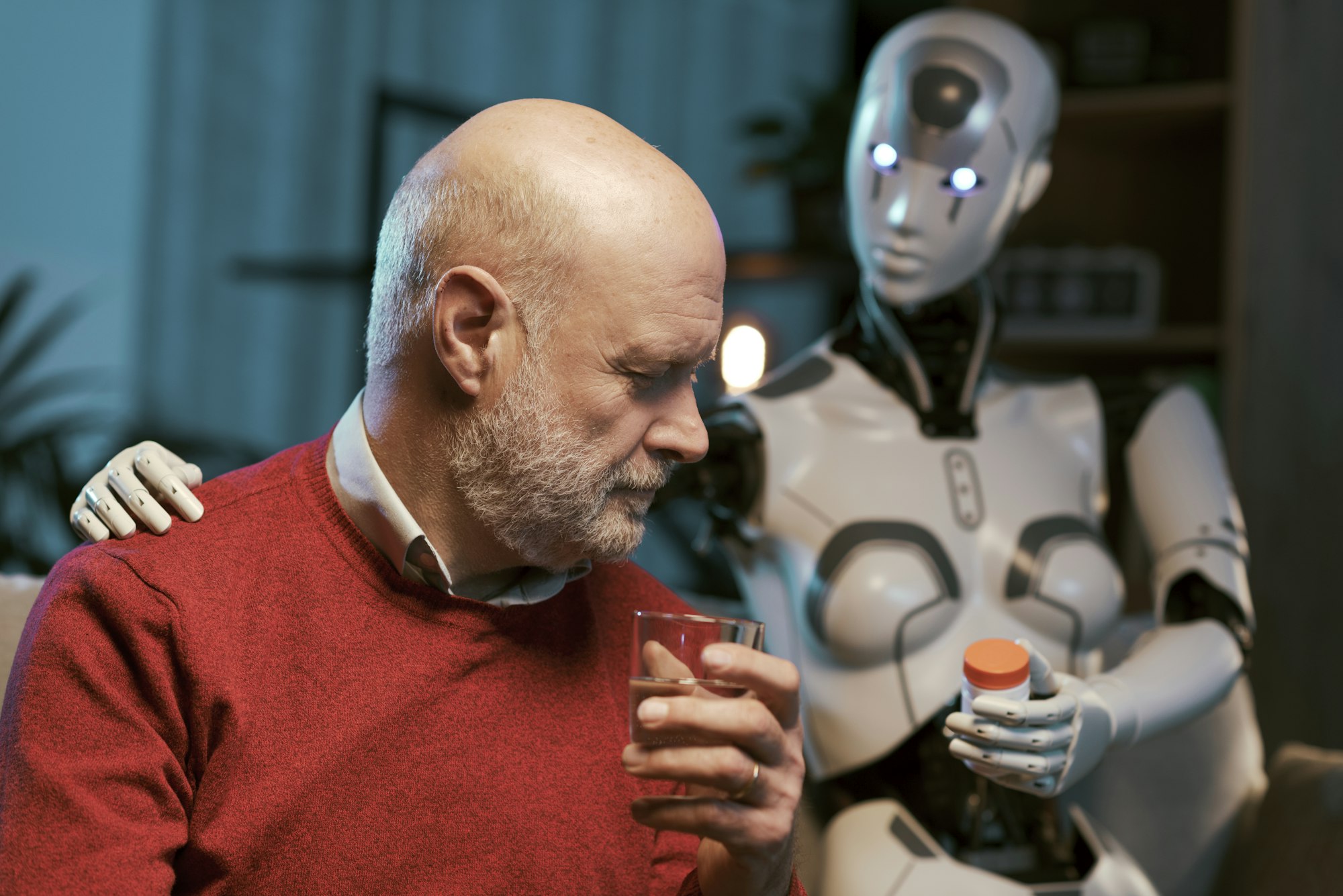The healthcare industry is undergoing a seismic shift, thanks to the power of Artificial Intelligence (AI). From diagnostics to treatment, AI is revolutionizing every facet of medical care, offering unprecedented possibilities and transforming patient outcomes. Let’s dive into how AI is changing the medical field and what it means for the future of healthcare.
1. AI in Diagnostics: A New Era of Precision
1.1 Early Detection and Diagnosis
One of the most significant impacts of AI in healthcare is its ability to enhance diagnostic accuracy. AI algorithms can analyze vast amounts of medical data, including medical imaging and patient records, to identify patterns and anomalies that may be missed by human eyes. For example, AI-powered imaging tools can detect early signs of diseases such as cancer, Alzheimer’s, and heart conditions, enabling early intervention and improving survival rates.
1.2 Predictive Analytics
Predictive analytics, driven by AI, is another game-changer. By analyzing historical data and current trends, AI can predict disease outbreaks, patient readmissions, and even individual health risks. This proactive approach allows healthcare providers to take preventive measures, allocate resources more effectively, and ultimately save lives.
2. AI in Treatment: Personalized and Efficient Care
2.1 Personalized Medicine
AI enables personalized medicine by tailoring treatments to individual patients. Machine learning algorithms can analyze genetic information, lifestyle factors, and medical history to recommend personalized treatment plans. This not only increases the efficacy of treatments but also minimizes side effects, enhancing patient satisfaction and outcomes.
2.2 Robotic Surgery
Robotic surgery, guided by AI, is revolutionizing surgical procedures. AI-powered robots can perform minimally invasive surgeries with precision, reducing recovery times and minimizing complications. Surgeons can rely on AI to assist in complex procedures, enhancing their capabilities and improving patient outcomes.
3. AI in Patient Care: Enhancing the Human Touch
3.1 Virtual Health Assistants
Virtual health assistants, powered by AI, are becoming indispensable in patient care. These digital assistants can answer patient queries, schedule appointments, and provide medication reminders. By automating routine tasks, healthcare providers can focus more on patient care, improving the overall healthcare experience.
3.2 Remote Monitoring and Telemedicine
AI-driven remote monitoring devices can track patients’ vital signs in real-time, alerting healthcare providers to any concerning changes. This is especially beneficial for chronic disease management and post-operative care. Coupled with telemedicine, AI ensures continuous patient care, regardless of geographical barriers.
4. AI in Research: Accelerating Medical Breakthroughs
4.1 Drug Discovery and Development
AI is accelerating drug discovery and development by analyzing vast datasets to identify potential drug candidates. This reduces the time and cost associated with bringing new drugs to market. AI can also predict how different compounds will interact with human biology, increasing the success rate of clinical trials.
4.2 Genomics and Precision Medicine
AI is unlocking the potential of genomics in precision medicine. By analyzing genetic data, AI can identify mutations linked to diseases, predict patient responses to treatments, and pave the way for gene therapies. This transformative approach holds the promise of curing genetic disorders and personalizing healthcare like never before.
5. Challenges and Ethical Considerations
5.1 Data Privacy and Security
With great power comes great responsibility. The integration of AI in healthcare raises significant concerns about data privacy and security. Protecting sensitive patient information from cyber threats is paramount. Healthcare providers must implement robust security measures and comply with regulations to safeguard patient data.
5.2 Ethical Implications
The ethical implications of AI in healthcare cannot be overlooked. Decisions made by AI algorithms must be transparent, unbiased, and subject to human oversight. Ensuring that AI enhances, rather than replaces, the human touch in healthcare is crucial for maintaining trust and ethical standards.
Conclusion
AI is undeniably transforming the medical field, offering innovative solutions to longstanding challenges. From enhancing diagnostic accuracy to personalizing treatments and accelerating research, AI is revolutionizing healthcare in ways we once only imagined. As we embrace this technological revolution, it is essential to navigate the challenges and ethical considerations thoughtfully. The future of healthcare is bright, and AI is at the forefront of this transformative journey, promising a healthier, more efficient, and patient-centered world.







